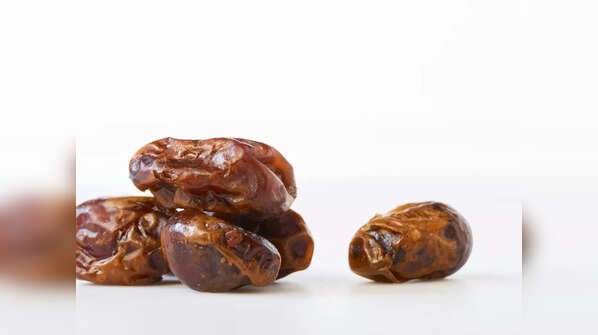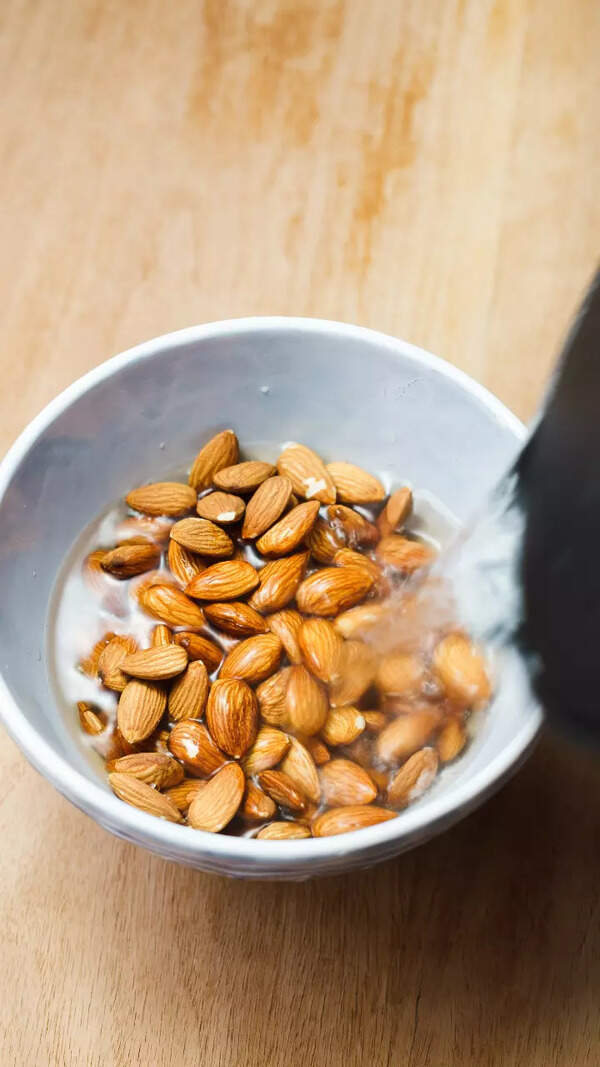8 types of dates and which is best for diabetics

Dates and diabetics
Dates, also known as khajur, are sweet, chewy fruits that grow on date palm trees (Phoenix dactylifera). They are rich in natural sugars, fiber, vitamins, and minerals, making them a highly nutritious snack that comes in different varieties. As per a study published by the National Library of Medicine, dates may lower blood glucose levels, reduce total cholesterol and triglycerides, and increase high-density lipoprotein (HDL) levels. Additionally, dates may promote beneficial gut microbiota, potentially aiding in diabetes and dyslipidemia management. Dates also promote the abundance of beneficial gut microbiota. Therefore, patients with diabetes and dyslipidemia can consume dates to reduce their blood glucose, cholesterol, and triglycerides. But the question of concern is, which variety of dates is good for diabetics? Let us find out.

Medjool Dates
Also known as King of Dates, these are rich in natural sugars and fiber, and make for great post workout snacks. They are also rich in antioxidants, which help protect cells from oxidative damage. They are high in natural sugar (66-70 gms per 100 grams), hence they are not ideal for diabetics when consumed in large amounts.

Deglet Noor Dates
These dates are called as Queen of Dates and have low glycemic index and are rich in high fiber content that aids digestion and prevents bloating. They are semi-dry, and have a mildly sweet aftertaste. As compared to Medjool, they are lower in sugar (63–66 grams per 100 gms) and make for a better option for diabetics, when consumed in moderation.

Barhi Dates
These are very soft and have a buttery aftertaste and are naturally prebiotic that supports good gut bacteria and improves digestion. They also have hydrating properties, which help maintain skin elasticity. They are high in sugar content and hence, not suitable for diabetics.

Zahidi Dates
These have a golden tint in appearance and are semi-dry in texture. These dates are rich in vitamin A that boost eye health and vision. Also, the high fiber content makes them apt for weight management, as they keep you full for longer. They are said to have lower glycemic index (35 to 50 per 100 gms); better suited for diabetics. However, it is best to consume these dates in moderation as they contain concentrated sucrose.

Thoory Dates
Also known as 'Bread Dates', this dry variety of dates is known for their firm texture, mild sweetness, and nutty flavor. They have low glycemic index (35–45) and 60–65 g sugar per 100 gms, making them a better choice for diabetics.

Ajwa Dates
These dates are also known as Prophet's dates and are rich in potassium & magnesium, which help regulate blood pressure. They are also said to reduce bad cholesterol (LDL) and support heart function. They also contain flavonoids, which are good for joint and gut health. It is said that these dates have moderate sugar content, but still high as compared to other varieties; hence one should consume cautiously.

Halawi Dates
These dates are soft and chewy and have a caramel-like aftertaste. They are rich in potassium & magnesium, which help boost memory and focus. And, the rich fiber content found in these dates help prevent constipation and promote a healthy gut. They are naturally high in sugar (64–70 gms per 100 gms), primarily in the form of fructose and glucose, making them unfit for diabetes.

Khudri Dates
Khudri dates have dark brown hues and are rich in iron that helps prevent anemia and fatigue. Also, they are rich in natural sugars (glucose & fructose). A typical 100g serving of Khudri dates contains around 60g of natural sugar, but they are also rich in fiber, which helps to moderate the blood sugar response.
All Images Courtesy: istock








